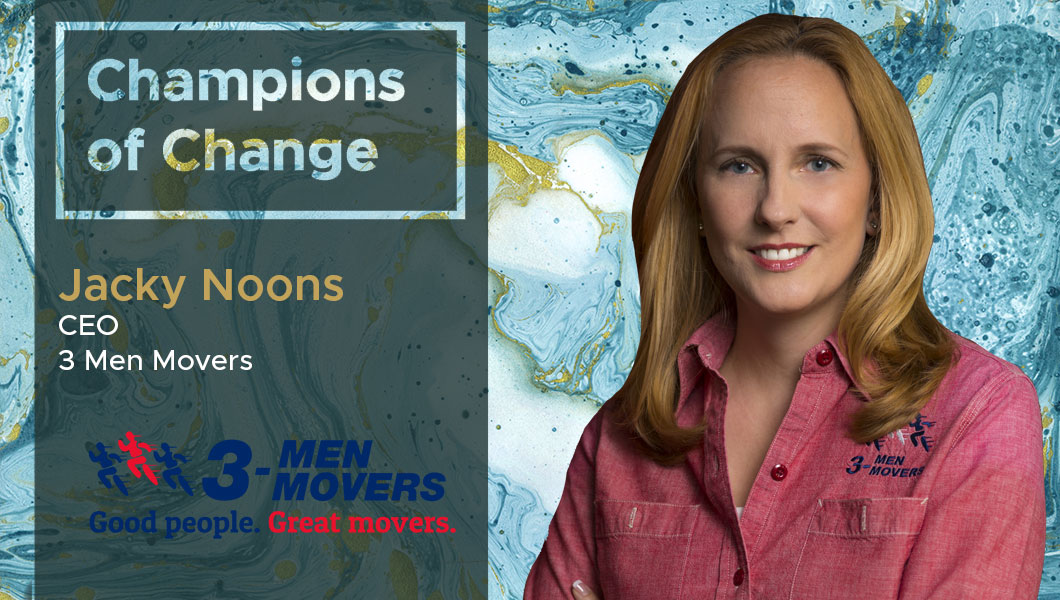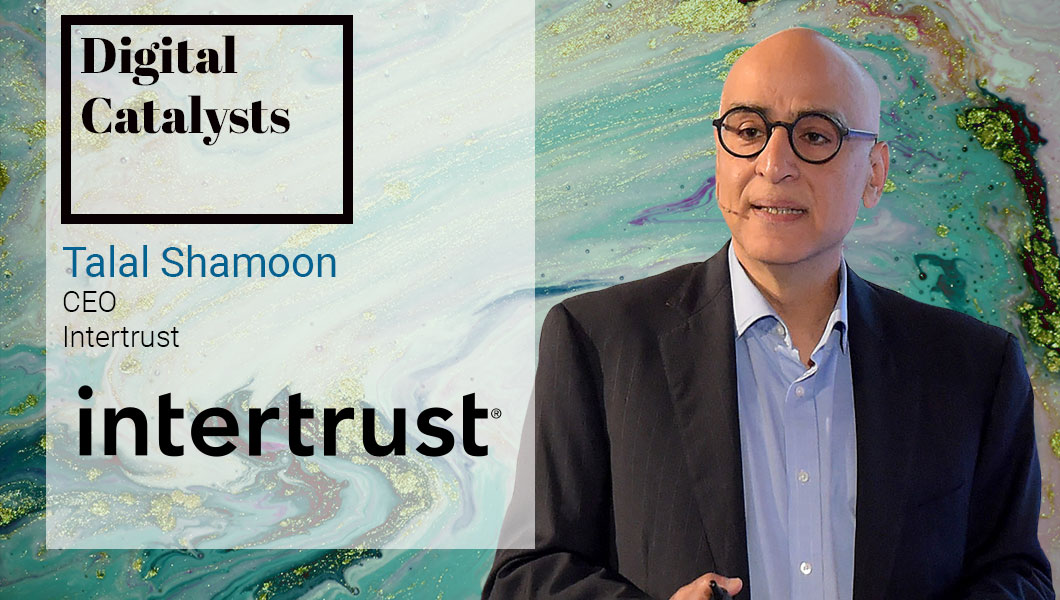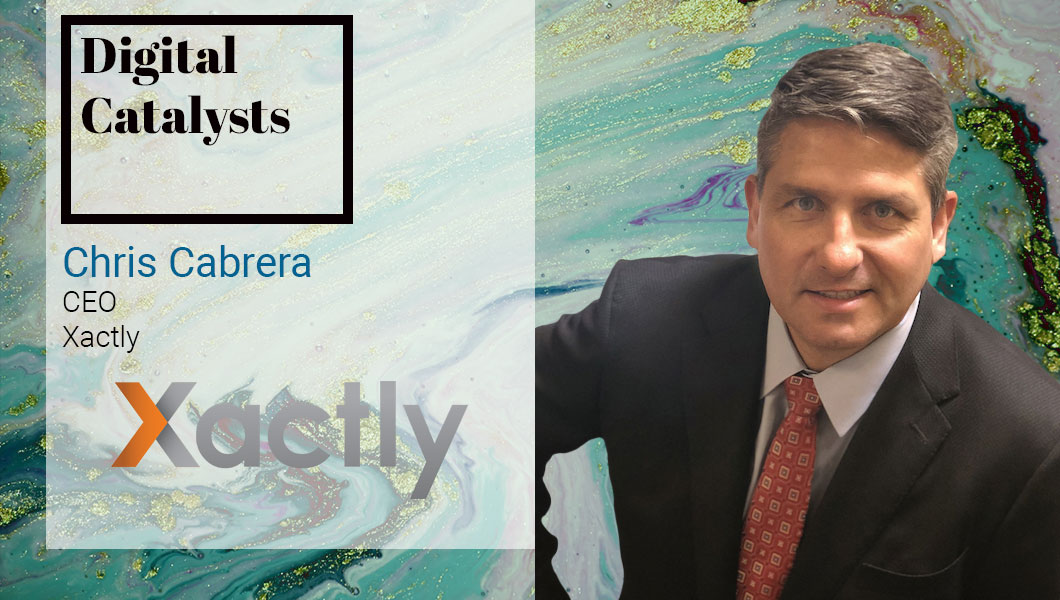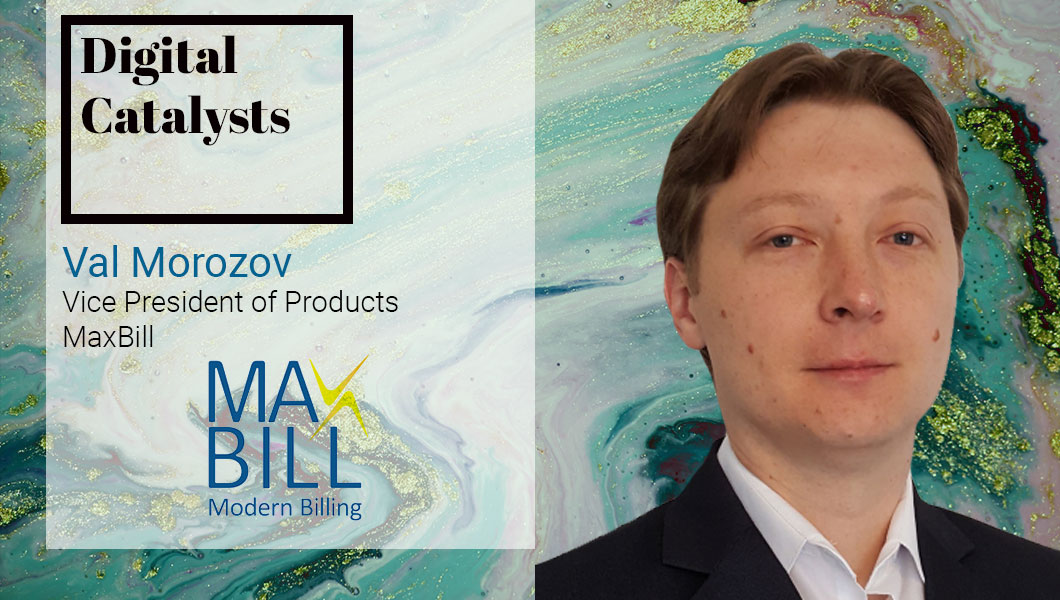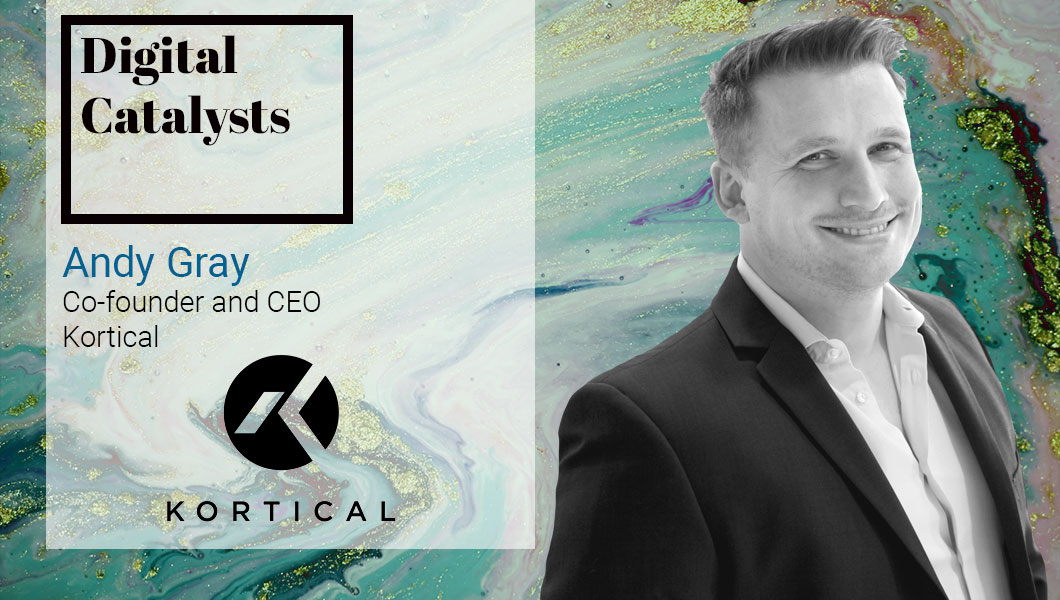Interview with Marie-Françoise Damesin, EVP Human Resources at Renault-Nissan-Mitsubishi Alliance
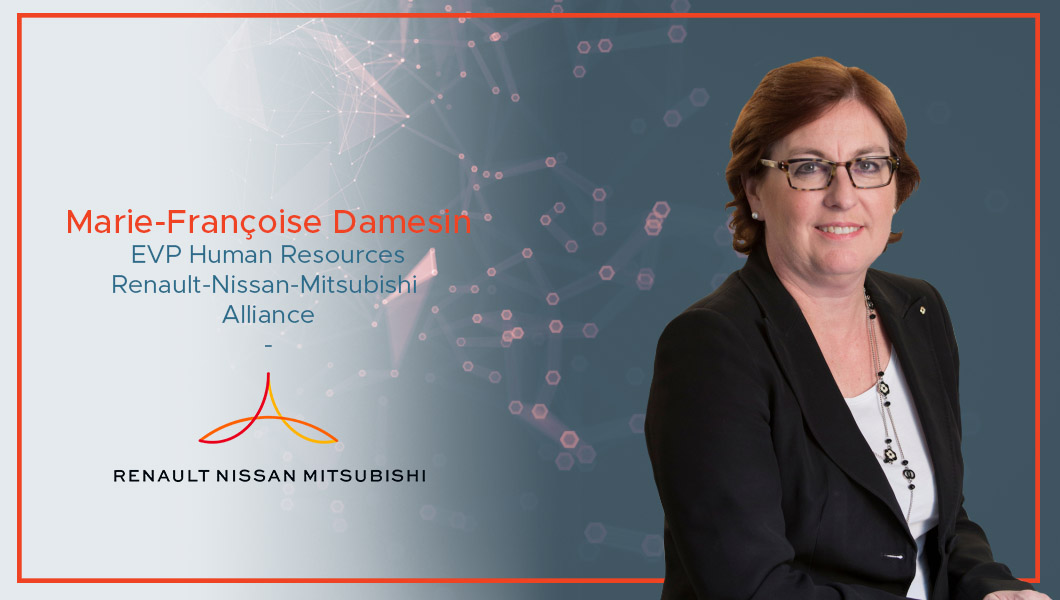
Marie-Françoise Damesin, a graduate from ESSEC business school in France and a post-graduate from Paris-Dauphine University, joined Renault SAS in March 1984, and held various management positions in Marketing and Sales and Human Resources. In 2001, she joined Nissan Europe as VP Human Resources and General Affairs for the Europe Region. In November 2005, Marie-Françoise Damesin returned to Renault as SVP Communications, and has since held various senior HR positions, the latest being Alliance Executive VP for Human Resources since April 2014. Responsible for the implementation of common HR processes and creation of a unified “talent management” policy across the global operations of Renault and Nissan, in this interview she speaks about how her role is at the forefront of Renault’s comprehensive digital transformation initiative, and the implications and challenges it presents. She elaborates on how it has been changing the company’s approach to management, employees, organization, product development, and customers. Besides this, she talks about the key talent priorities for the auto industry, how the industry is changing in the context of digital disruption and the Alliance’s plans for the future.
How far has Renault progressed in its digital transformation?
We have made a huge leap forward this year with the creation of Renault Digital, a separate entity dedicated to developing applications and software for all of the group’s businesses. The delivery of the first digital products and the physical reality of the Digital Hub – a new building dedicated to digital and innovation – make the results very concrete and visible to our employees and clients. As an illustration, several hundred employees attended the recent Open Day at Renault Digital. Beyond these very tangible results, we are also starting to see a change in mindset throughout the company. Overall, a year and a half ago, I would have said that we were not ahead of the curve. Now, I think we really have made a significant step.
You mention a change in mindset. How would you characterize this change?
Some people who really wanted to work on digital and had not declared their interest are now coming forward. There is also broader realization that the transformation is going to be profound, and that we will have to revisit most of our ways of working – in the plants, in R&D, and in regard to customers. Beyond the pure economic impact and the few places where applications are actually developed, what is important is that digital is entering our employees’ mind and daily routines. I recently spoke with a marketing manager, who told me that her team used to use a very complex tool that required them to compile 70 Excel tables in order to analyze marketing expenses. Now, you get all of the information in 30 seconds. It is extraordinary.
Digital opens new fields of opportunity and allows us to be more reactive and flexible.
At the same time, it is true that digital transformation also worries some people in the company. They wonder what will become of their jobs tomorrow. The feeling is stronger in some sectors than others. So, while there are those who think that change is an opportunity and, therefore, are very positive about the transformation, others worry about change. One of our key roles as human resources is to educate, reassure, and embark all employees in the transformation, for example, by renovating our training offers and preparing for skilling up.
What, from a people perspective, are the key digital transformation topics? Where do you start?
I think there are three main challenges to be addressed at the beginning. The first is to build digital skills. Agile methodology, for example, is not something everyone is familiar with. We have to help our employees upgrade their skills or develop new ones. The second is management. Digital brings management styles that are different from the traditional ones. We have to shift from a somewhat top-down management to a more collaborative style. The third is attracting new digital talent.
How well has Renault succeeded in attracting new talent?
We are devoting a lot of effort to attracting and retaining new talent. We have repositioned our employer branding with a new motto: Move the world forward. We are very clear on the profiles we are looking for. We want mobile, connected, and autonomous people – an interesting parallel with the technological disruptions we are facing.
Beyond employer branding, we have started working on improving the on-boarding and integration processes. How do we make sure that the new recruits find roles in the company that are right for them? How do we help them develop themselves in line with the promises we have made? It is clear that a company like Renault has to move somehow away from the culture of Taylorism, a system that has historically been linked to the automobile industry in which each task is heavily standardized and employees are highly specialized. Instead, we have to develop a more innovative, more agile, and more collaborative culture.
Finally, we have to take into account that new generations have changing expectations regarding work. The quality of work and daily behavior become top criteria of choice. I am not talking only about nice buildings with sofas and foosball tables but also of how people are treated on a daily basis. We have to make sure that we offer an aspirational environment.
What you describe is quite a cultural shift. In your opinion, what does it mean to create a digital-supportive culture?
We have already worked a lot on this, first by renewing our core values, which we summarize in what we call the Renault Way. There are five of these core values: keep the customer in mind, share reality openly, bring your own contribution, keep learning, and make it simple.
As you see, these values really align with the digital culture. Our previous model dated from 15 years ago, and we felt we had to change to better express what we are and where we want to go. We also seized this opportunity to build a unique model for all our employees.
Before, we had two different models for managers and employees. This is also an important message in the age of digital: we all play by the same rules.
We are now rolling this out and plan to reach everybody in the group by 2020. This should help us transform the group’s mindset.
The second challenge is to create a digital-supportive culture that breaks down silos. A company such as ours is traditionally organized and follows the value chain: design, manufacturing, sales, and after sales. How do we move from a culture that says, “I’m performing very well in my team or my department” to “I’m performing very well collectively, for the whole company”? This shift also challenges several systems, such as individual KPIs, performance evaluation, promotion, learning and development, and recruitment.
I think this shift will take some time. Some teams, such as those within Renault Digital, are already following this new framework. These people will return to their original departments after some time. This is a strong, yet important bet, because it should help accelerate the transformation within departments.
Then, if we project ourselves further down the line, we might have to completely review our organization to align with key customer processes in the company instead of the current organization, which follows the value chain.
What are the next steps Renault must take to become a fully digitized company?
We have not yet defined the plan to fully digitize the company. For now, we have used a method I think is the right one: we conduct various experiments in many sectors, so that all can gradually build their own digitalization. For me, the next step is to build a global digitalization plan for the whole company, building on these many experiments. We need to transform each main process, not only within each individual business function but also across functions throughout the whole company. This is where the real power of digital lies. That means looking at the customer process, for example, as well as at our factories, engineering, design, and distribution. For me, this will be our main topic for 2018.
We have to remind ourselves that we are in a heavy industry that builds complex products with thousands of parts and has long development and commercialization cycles. The digital transformation will help us bring agility and speed to manufacturing.
Mitsubishi recently joined the Renault-Nissan Alliance. How is the alliance model affecting the way the group envisions its digital transformation?
As our President and Chairman, Carlos Ghosn, regularly states, the objective of the alliance is to generate synergies between the three groups (Renault, Nissan, and Mitsubishi) and accelerate technological changes to deliver better value and service to our customers. This is particularly important at a time when the automotive industry is facing a number of technological revolutions, such as electrified and connected cars equipped with autonomous-driving systems and shared mobility. Instead of having Renault, Nissan, and Mitsubishi each develop these technologies, innovations are shared among the member companies. The current strategic plan, Alliance 2022, reflects these goals. We aim, for example, to build more than 14 million vehicles, share common platforms with nine million units based on four common platforms; increase the portion of common power trains from one-third to three-quarters. We also plan to collaborate on electrification, connectivity, and autonomous technologies. 12 new pure electric vehicles are to be launched during the plan: they will eventually have a range of more than 600 kilometers. Besides this, the strength of the Alliance also lies in permanent emulation and exchange of best practices. And, HR plays a very vital role to boost synergies and support Renault-Nissan-Mitsubishi six-year Alliance plan.
How do you envision your personal role – EVP HR – in promoting and accelerating the group’s digital transformation?
There are two things. First, I believe that a company’s digital transformation cannot be successful without the full participation of top management, employees, and stakeholders. It is therefore, extremely important to make sure that everyone understands the stakes for the company and themselves. For the employees, the stakes will notably be around training and skill development. We also have to help managers with the evolution of their roles, dealing with more empowered teams and creating a benevolent environment, where everybody can express themselves. Finally, we will work with the trade unions and then employee representatives to raise awareness of the ongoing technological and digital changes.
My second personal role involves transforming the human resources function itself by, for example, digitalizing the end-to-end employee journey.
What are the consequences of the digital transformation on the HR function?
As I said, we have one huge challenge around digitalizing the end-to-end employee journey. This, by the way, is not purely an HR topic, because it also affects many other functions. The foundation work we have been doing over the past years to globally harmonize our HR tools, processes, and standards will be of tremendous help in accelerating this transition.
The other big change is that digital will enable us to gain access to much more data than we have today. We will, therefore, be able to transition from mostly descriptive to predictive analysis. I believe this is going to be the main transformation for our centers of expertise.
The role of operational human resources business partners is also going to evolve, because employees will be able to do more and more things by themselves in much simpler and quicker ways. This will reinforce the role of HR business partners as providers of advice and support.
Employees will play a more active role in managing their careers. They will also probably become more demanding regarding the HR function, expecting easy-to-use HR tools for their daily tasks, stronger support for learning and development, and more technical expertise when they interact with HR. Just like people who come into dealerships to buy a car today, they will get the basic information online and arrive with much more technical questions for the HR representative.
For me, digital will increase both the quality of service and the efficiency of the HR function. In our case specifically, as our efficiency ratios are already pretty good, quality of service will be the main focus. To support this effort, this year, we have intensified the training of the HR staff in digital and agile methods.
What are some key digital talent imperatives for the automotive industry in 2018?
There are three key trends that are critical focus areas for our industry. Firstly, attracting and retaining tomorrow’s talent is critical. In a talent-led economy, the employee experience has never been more critical to attract the best and the brightest. Getting it right is even more challenging now, in a more diverse workplace that must embrace five generations with different norms and expectations. The interactions that candidates have during the interview, how employees engage with others in the organization during their tenure and how they are treated after they leave – these are vital opportunities to shape the ‘experience.’.
Secondly, imbibing the agile culture will help grow the business. Vertical hierarchies are now replaced by simpler horizontal organizational structures. This pushes the decision-making authority further down the chain, compelling employees to be self-reliant and skilled enough to independently make day-to-day decisions. This requires a shift in how we support our talent at different stages of readiness, career, management and work status.
Thirdly, it’s important to develop diverse skill sets. Whether through external hiring or internal development, assembling talent with a diverse set of skills allows organizations to pivot in response to market demands.
Tenacity and resilience are not things to be learnt in the classroom. Instead, they require hands-on experience and trial-and-error, whether through internal mobility or immersion learning. By creating a culture that fosters these traits, organizations can build agility and tolerance for an ambiguous future.
Our major focus is to ensure that our employees are re-skilled and up-skilled. At Renault-Nissan-Mitsubishi, we focus on integrating right resources and skills. As HR, we ensure skills for the future, while keeping our competitiveness at the core.
We continue to hire top talents, develop future skills, empower people and develop an engaging work environment. We have incredible opportunities in terms of people power, space, resources, skills, dreams, hopes, and ambitions.
This interview was originally published here.


 By
By 